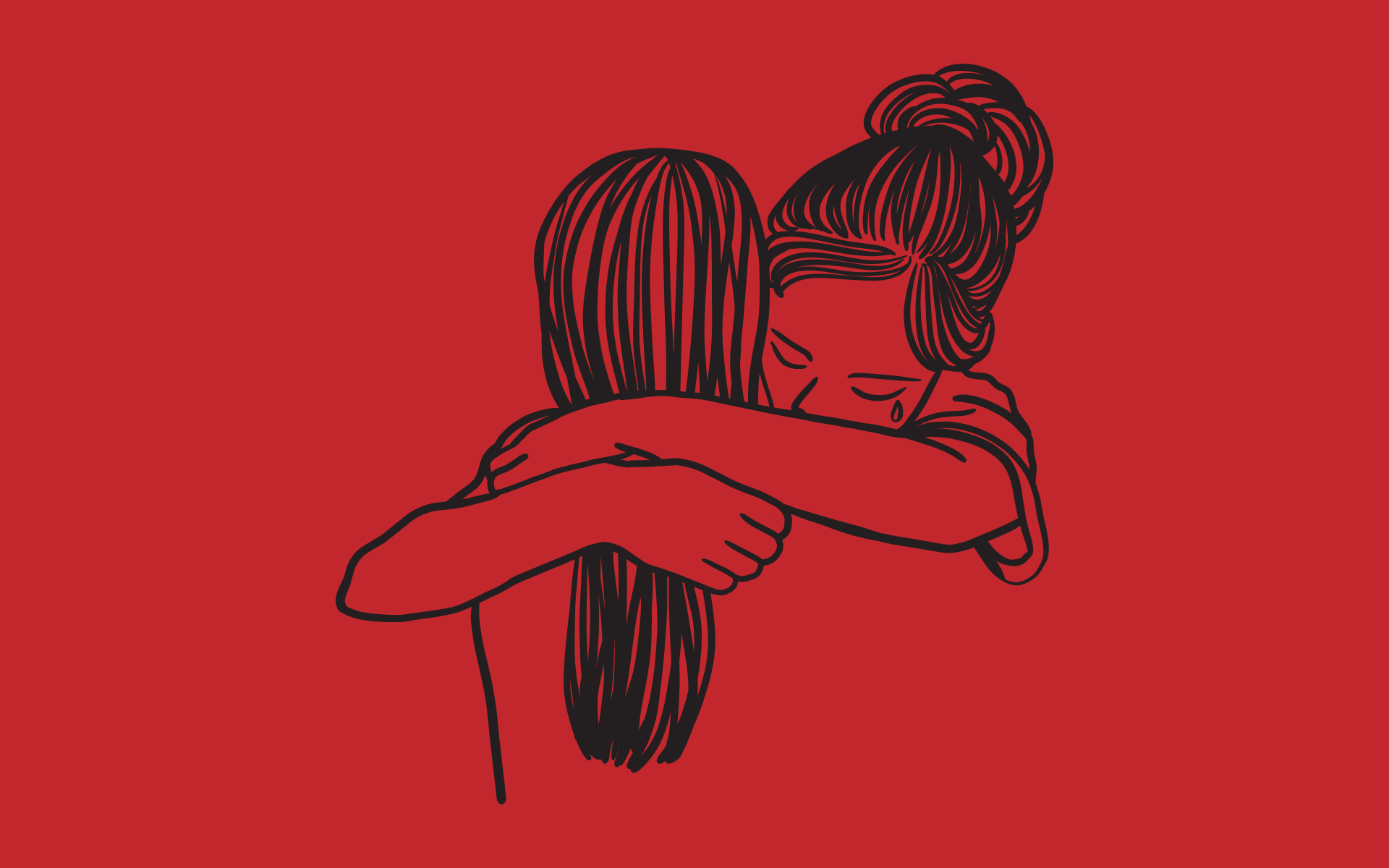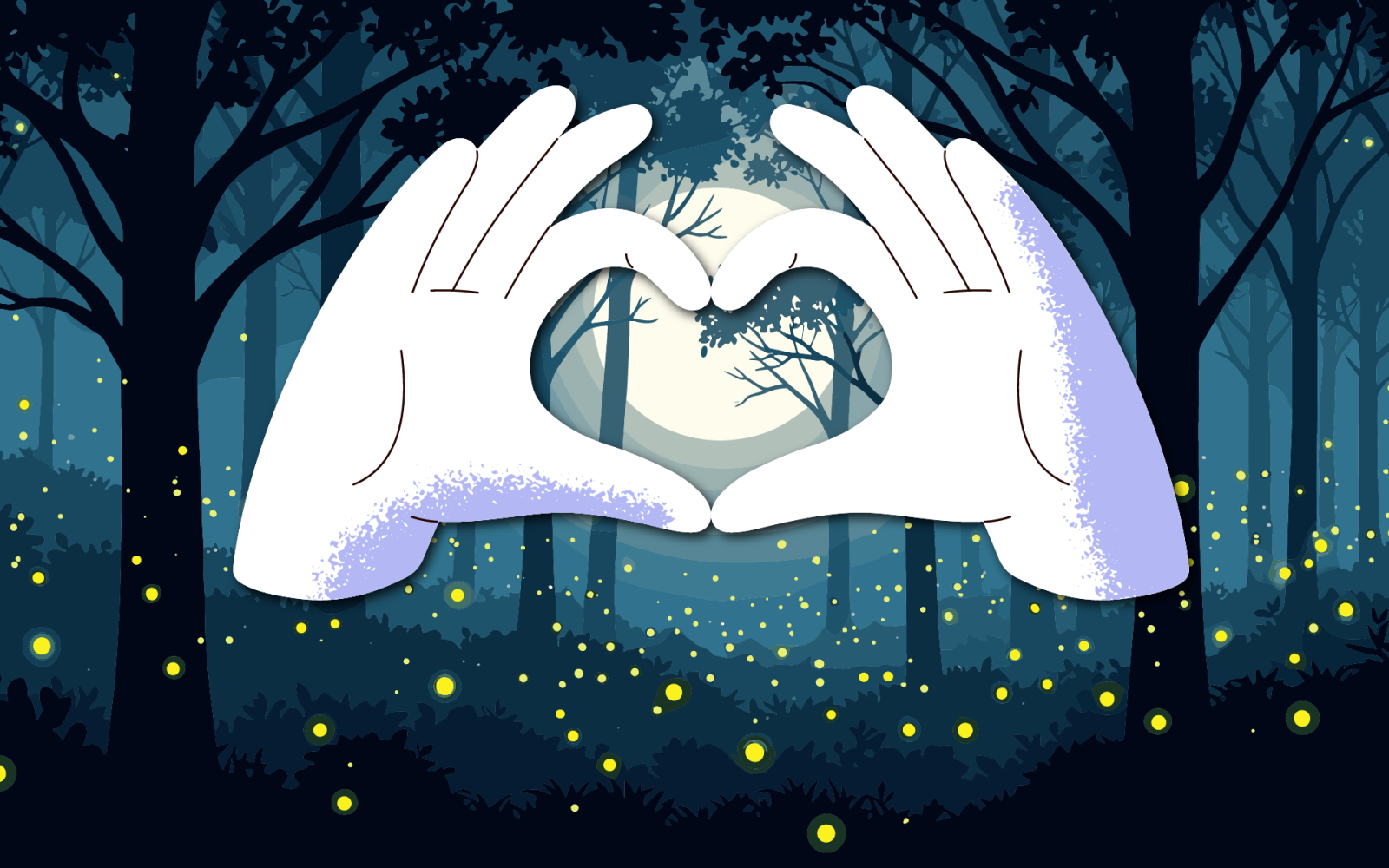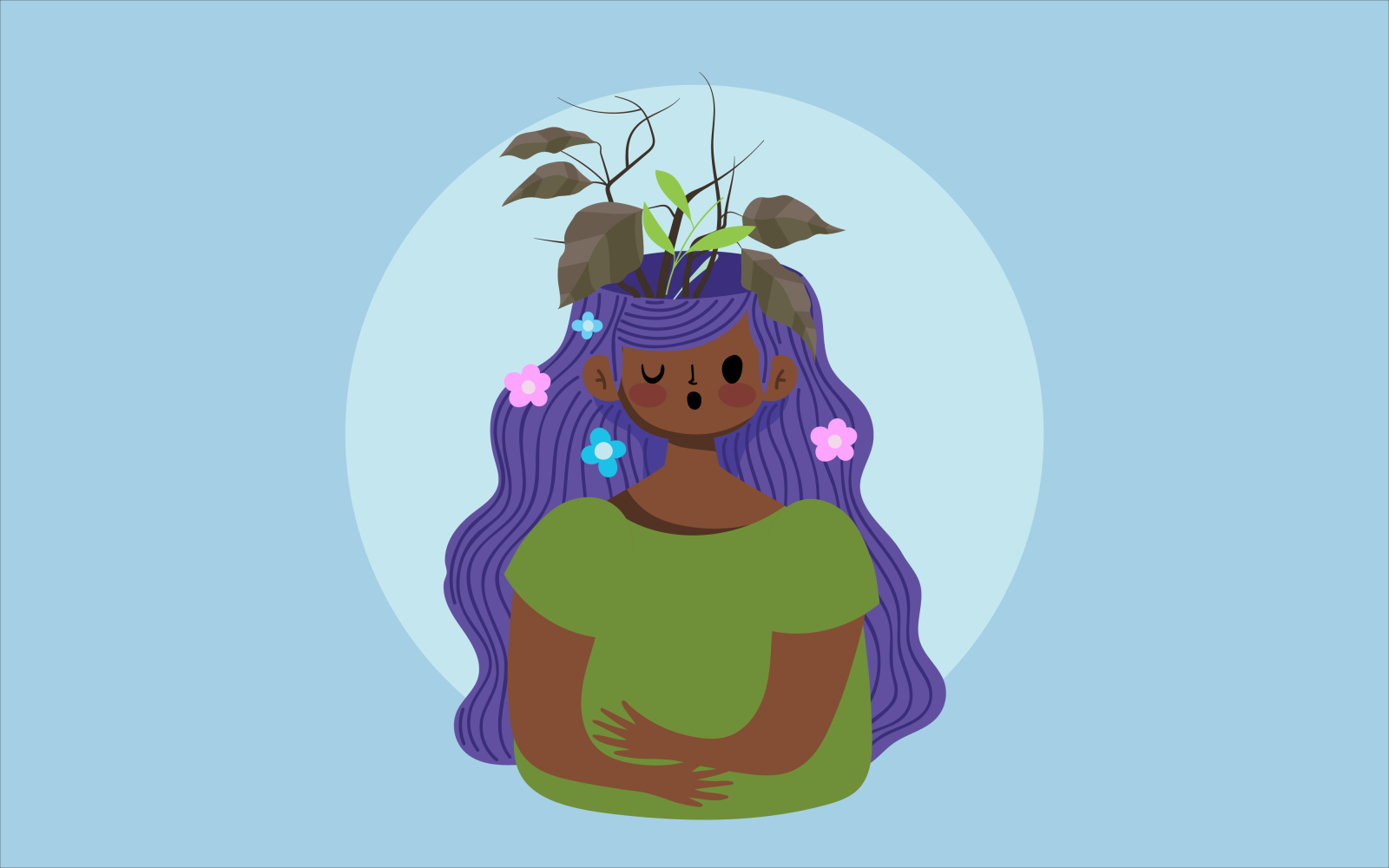Why we need to have honest conversations about the mental health crisis in South Africa

Research shows that SA has the lowest Mental Health Quotient in the world. It’s time to break the stigma.
We park by the beach and sit, her hand in mine. The sound of the waves washes in through the open windows. Tears roll down my friend’s cheeks. She is suffering, and I don’t know how to help her.
In the past two months, her life has imploded. Low-level worry has tipped over into severe anxiety, accompanied by chronic insomnia and the stressors that lack of sleep brings.
A health-conscious runner, she is on heavy psychiatric medication and is struggling to make sense of where she finds herself. Her family and friends are floundering. And she’s not alone.
Recently, the Mental Health Million Project, which measured the Mental Health Quotient (MHQ) of over 220,000 respondents in 34 countries, ranked South Africa as the lowest in MHQ.
Given the stressors we live with, it’s not surprising that South Africa has some of the highest rates of depression and anxiety in the world.
A paper by the Wits/Medical Research Council Developmental Pathways for Health Research Unit (DPHRU) titled, The prevalence of probable depression and probable anxiety, and the associations with adverse childhood experiences and socio-demographics: A National Survey in South Africa, showed that more than a quarter of South Africans suffer from probable depression.
But despite the prevalence of mental health issues in our country, our conversations about mental health are still clouded by euphemisms. “She’s not well.” “He’s struggling.” “The wheels have come off.” “She’s not herself.”
Dr Ashleigh Craig, a researcher at the DPHRU says that mental illness significantly impairs overall health. “And, of course, COVID-19 worsened depression and anxiety, with fear, uncertainty and social and economic disruptions arising during the pandemic.”
Because mental health issues are invisible, the ones closest to those suffering can be left feeling helpless. The urge is to try to fix it and offer advice (Have you tried meditation? Maybe you just need to exercise more?), or be patronisingly reassuring (You’ll be fine, it’s just a stressful time) or pepper them with questions (When did it start? What was the cause? What medication are you on?).
Most often, this bombardment comes from our own sense of powerlessness and our need to solve the problem. It’s not helpful to the one who is suffering, and only adds to their sense of overwhelm and aloneness.
When someone in our lives is beset by mental health issues, we need to learn to simply sit and be with them. We need to put our urge for answers aside, and listen.
We can reach out with a reassuring touch. We can offer to go for a gentle walk together. What’s important is to create a space of no expectations. To just breathe and be together.
As author and researcher Brené Brown explains, empathy is a tool of compassion.
“We can respond empathically only if we are willing to be present to someone’s pain,” she writes. “We need to dispel the myth that empathy is ‘walking in someone else’s shoes.’ Rather than walking in your shoes, I need to learn how to listen to the story you tell about what it’s like in your shoes and believe you even when it doesn’t match my experiences.”
So, I bite back the questions. I swallow the urge to advise. I just hold her hand as she cries. Later that day, my phone buzzes. It’s a text from my friend: Thank you for sitting with me.




